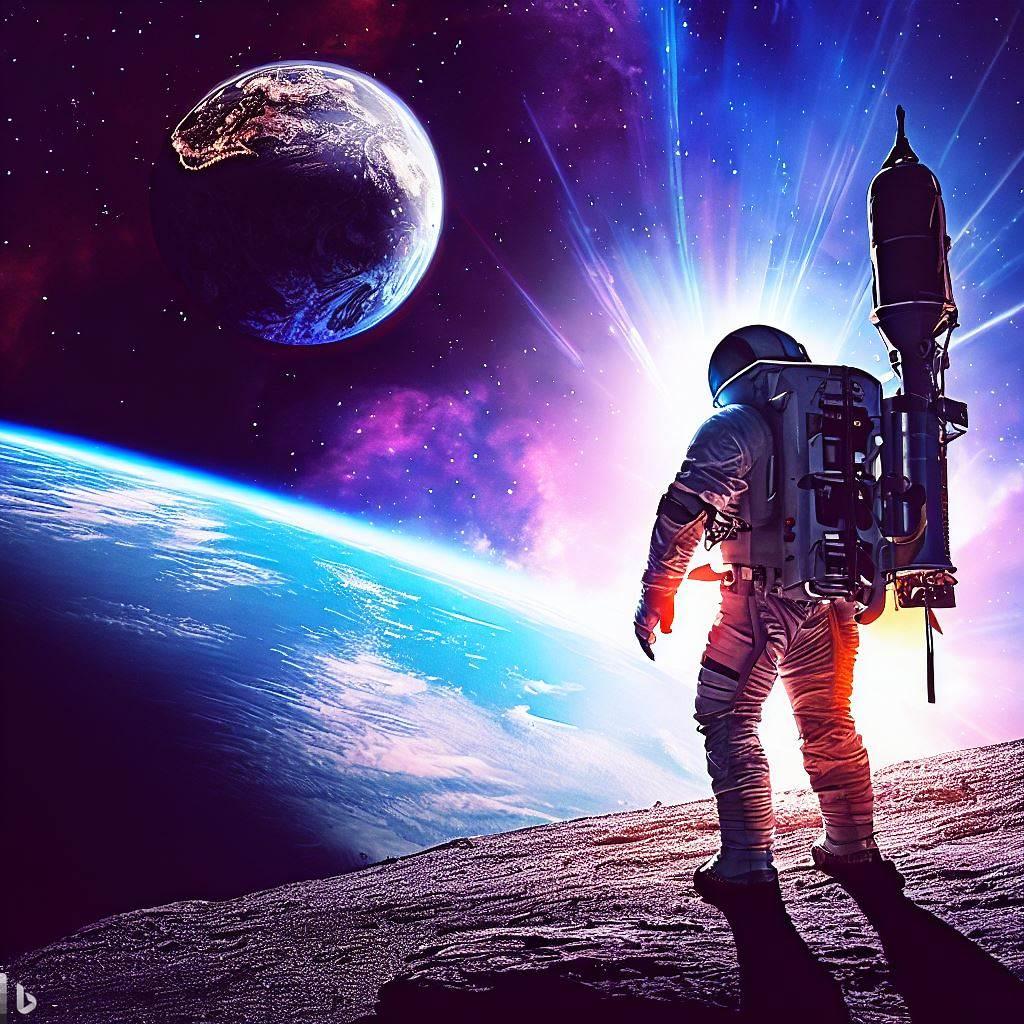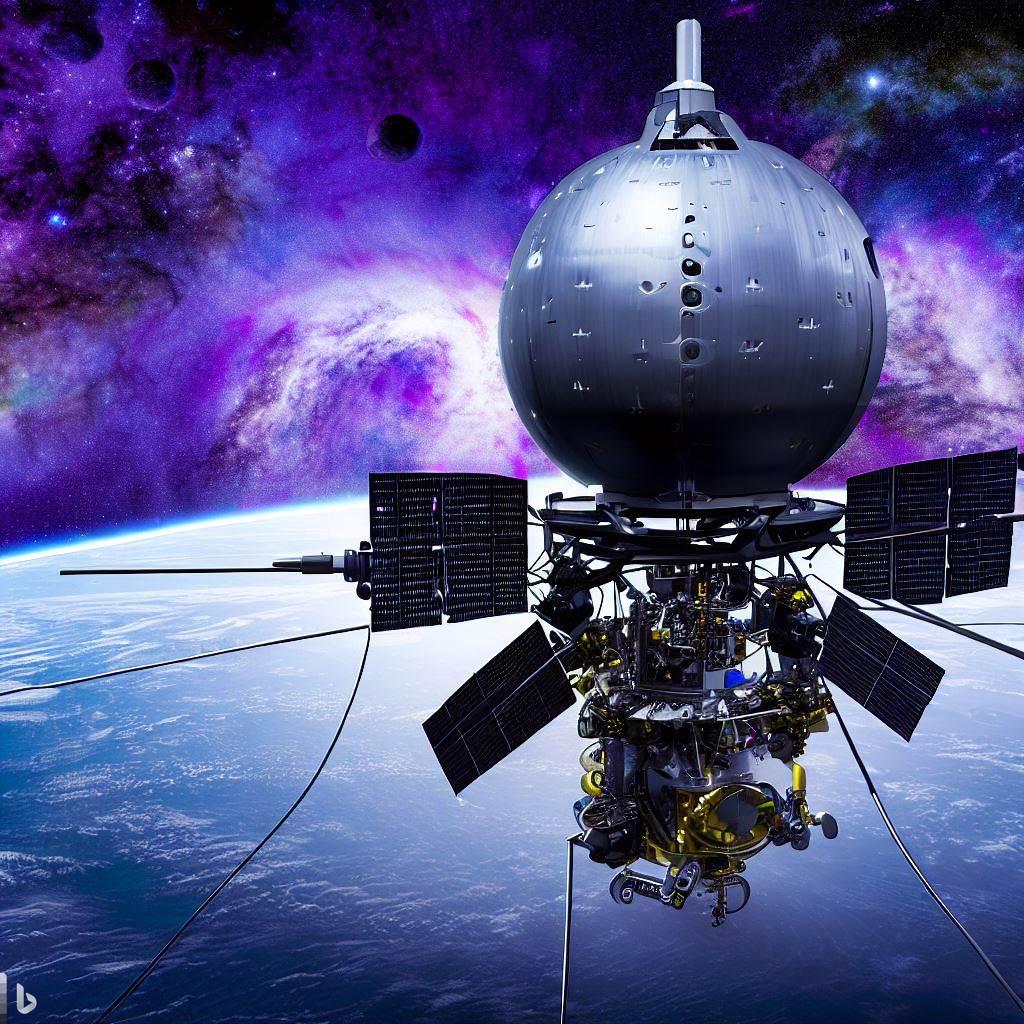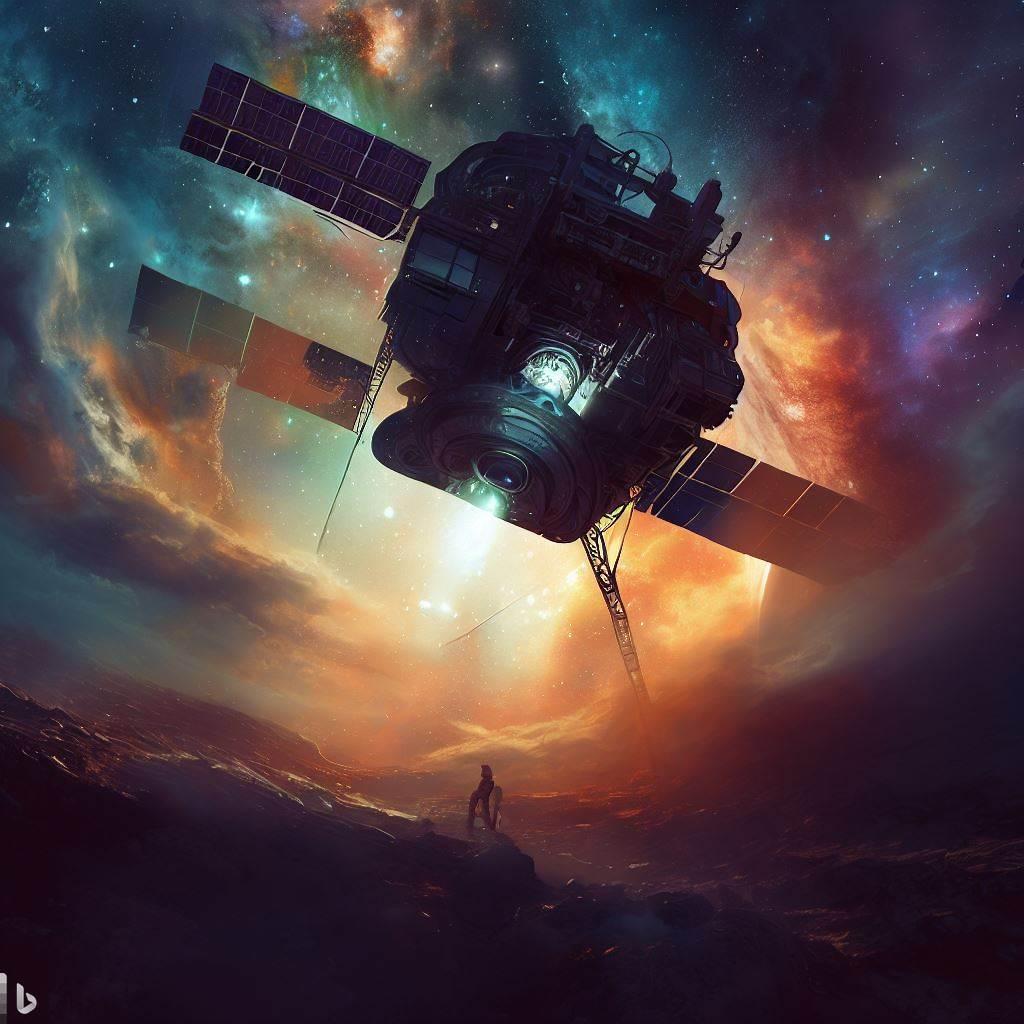Space exploration is one of the most fascinating and inspiring endeavors of humanity. It allows us to discover new worlds, learn about the origins of our solar system, and search for signs of life beyond Earth. However, space exploration is also very challenging and expensive, and it often requires years of planning and preparation before a mission can be launched.
One of the main challenges of space exploration is how to communicate with the public and gain their support and interest. While there are many ways to share information and updates about space missions, such as websites, blogs, podcasts, videos, and live events, they may not always reach a wide and diverse audience. Moreover, they may not always capture the excitement and curiosity that space exploration can evoke.
This is where AI chatbots on rovers could make a difference. Imagine if you could follow the adventures of a rover on Mars or the Moon through its own social media posts. Imagine if you could see what the rover sees, hear what the rover hears, and ask the rover questions about its discoveries. Imagine if you could interact with the rover as if it were a friend or a celebrity.
This is not just a fantasy. It is actually possible to install an AI chatbot on a rover that can generate social media posts based on its data and sensors. The rover would send its posts to a ground station on Earth, which would then forward them to various social media platforms. The AI chatbot would also be able to respond to comments and messages from the public, using natural language processing and machine learning.
There are many benefits of having AI chatbots on rovers for space exploration. First, it would make space exploration more fun and engaging for the public. People would be able to follow the rover’s journey in real time, see its photos and videos, and learn about its findings. They would also be able to interact with the rover and ask it questions, which would stimulate their curiosity and interest.
Second, it would make space exploration more accessible and inclusive for the public. People from different backgrounds, ages, locations, and languages would be able to connect with the rover and its mission. They would also be able to share their opinions and feedback with the rover and other followers, creating a sense of community and dialogue.
Third, it would make space exploration more educational and inspirational for the public. People would be able to learn more about space science, technology, engineering, and mathematics (STEM) through the rover’s posts. They would also be able to see how space exploration can benefit humanity and the planet, as well as how it can inspire future generations of explorers.
AI chatbots on rovers are not just a novel idea. They are already being tested and developed by some space agencies and organizations. For example, NASA’s Perseverance rover has its own Twitter account @NASAPersevere, where it posts updates about its mission on Mars. The European Space Agency (ESA) has also created a chatbot called RoverX, which simulates a conversation with a rover on Mars. Moreover, there are some initiatives that aim to create social media platforms dedicated to space exploration, such as Space Nation, which allows users to participate in virtual missions and challenges.
AI chatbots on rovers could be the next frontier of space exploration communication. They could make space exploration more interactive, immersive, and personal for the public. They could also make space exploration more appealing, relevant, and meaningful for the public. They could ultimately make space exploration more connected with humanity.
What do you think? Would you like to follow a rover on social media? What kind of posts would you like to see from it? Let me know in the comments below!









Add a Comment: